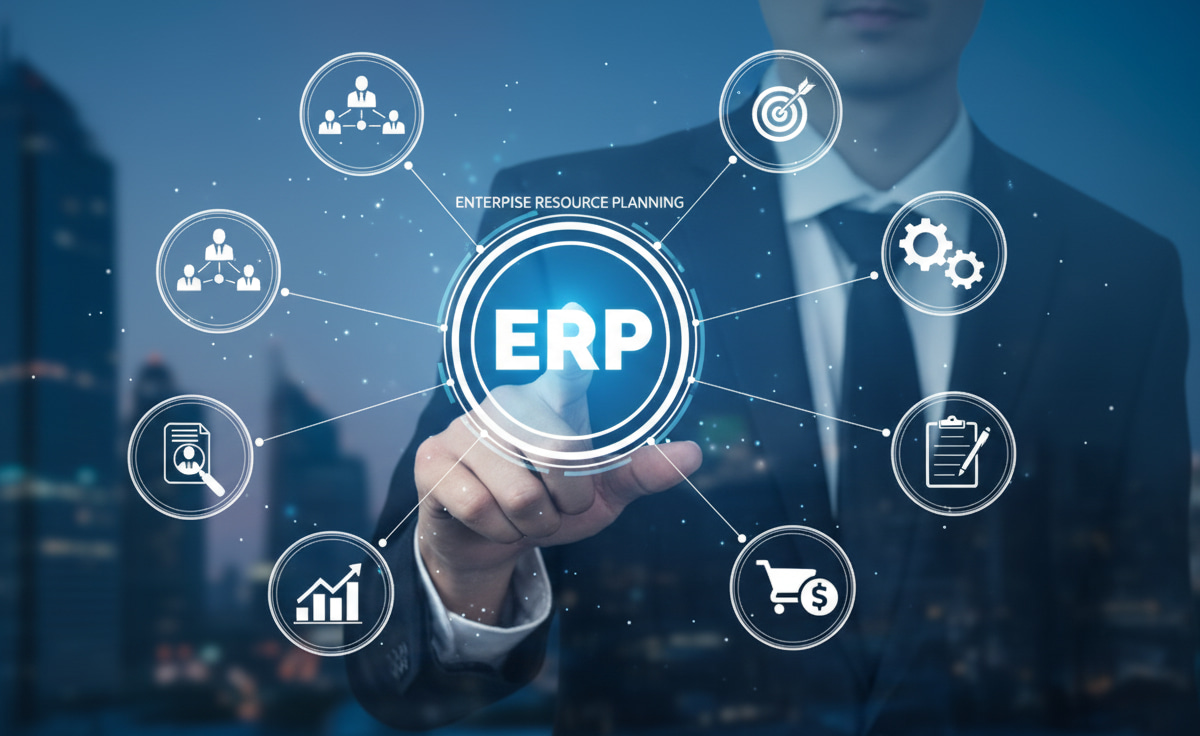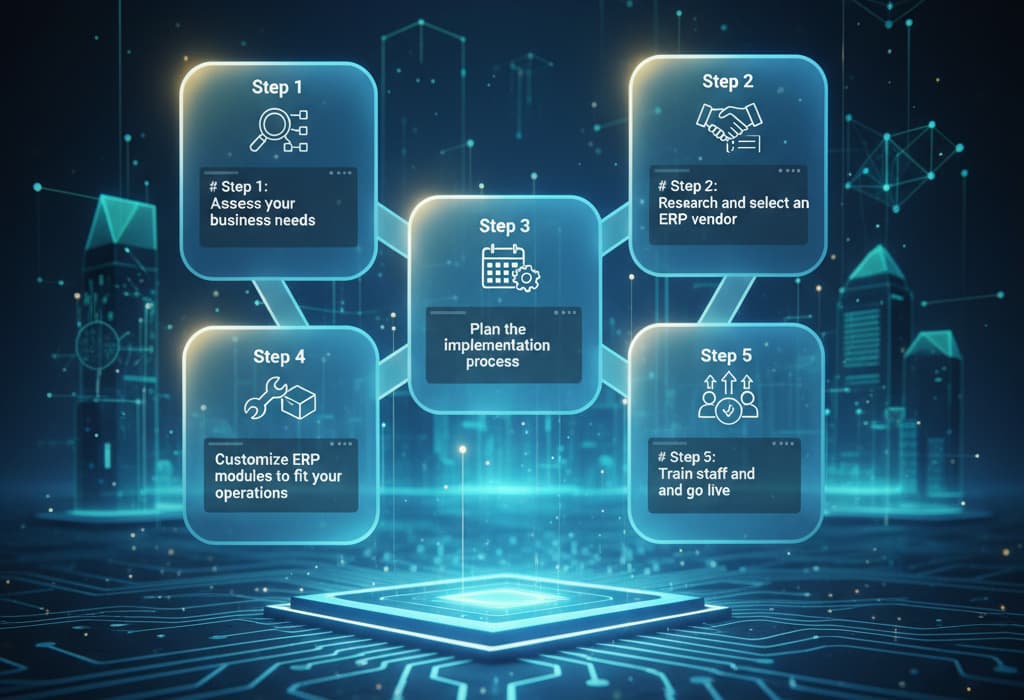Understanding ERP Software: A Complete Introduction for Businesses

Table of Contents
Introduction
Enterprise Resource Planning (ERP) software is a type of business management solution that integrates various functions of an organization into a single unified system. From accounting and human resources to inventory and customer relationship management, ERP helps streamline and automate core processes.
What is ERP Software?
ERP stands for Enterprise Resource Planning. It is designed to help businesses manage and integrate the important parts of their operations. An ERP system can centralize data, provide real-time insights, and improve decision-making across departments.
Key Features of ERP Software
Modern ERP systems offer a wide range of features tailored to different business needs:
- Finance & Accounting – Track budgets, manage invoices, and monitor cash flow.
- Inventory Management – Automate stock control and warehouse operations.
- Sales & CRM – Manage customer data, sales pipelines, and communications.
- Human Resources – Handle payroll, recruitment, and employee data.
- Supply Chain Management – Optimize procurement, logistics, and vendor relations.
- Reporting & Analytics – Access real-time dashboards and generate custom reports.
Benefits of Implementing ERP
Deploying an ERP system brings multiple advantages to a business:
- Improved Efficiency – Automate repetitive tasks and reduce manual work.
- Data Accuracy – A single source of truth eliminates data silos.
- Better Collaboration – Teams can work more effectively with centralized data.
- Scalability – ERP grows with your business as your needs evolve.
- Regulatory Compliance – Built-in tools help meet industry standards and audits.
Getting Started with ERP
Here’s a basic workflow for adopting an ERP system:

- Assess your business needs.
- Research and select an ERP vendor.
- Plan the implementation process.
- Customize ERP modules to fit your operations.
- Train staff and go live.
Custom ERP Solutions
While many ERP systems come with out-of-the-box modules, not every business fits a standard mold. This is where custom ERP development becomes valuable. A custom ERP solution is tailored specifically to the processes, structure, and goals of your organization.
Benefits of Custom ERP:
- Fully aligned with your business workflows
- No need to adjust your operations to fit generic software
- Better long-term ROI due to improved efficiency
- Scalable architecture to support future needs
Sample Use Case
Let’s look at a simplified structure of an ERP dashboard layout:

Conclusion
ERP software plays a critical role in digital transformation for modern enterprises. By centralizing data and optimizing workflows, it empowers companies to make informed decisions, increase productivity, and stay competitive in today’s fast-paced market.
Next Steps
- Learn more from ERP software providers
- Explore case studies of ERP implementations
- Consider a custom ERP consultation to get started

